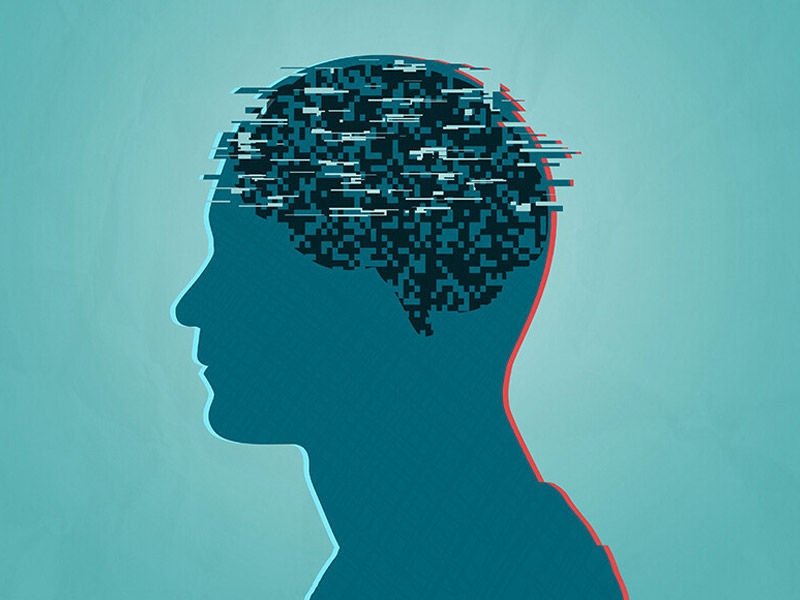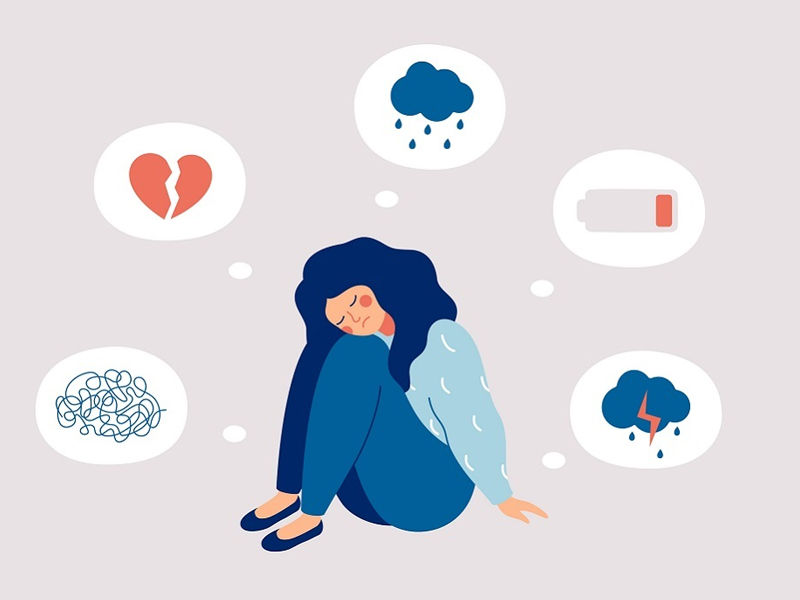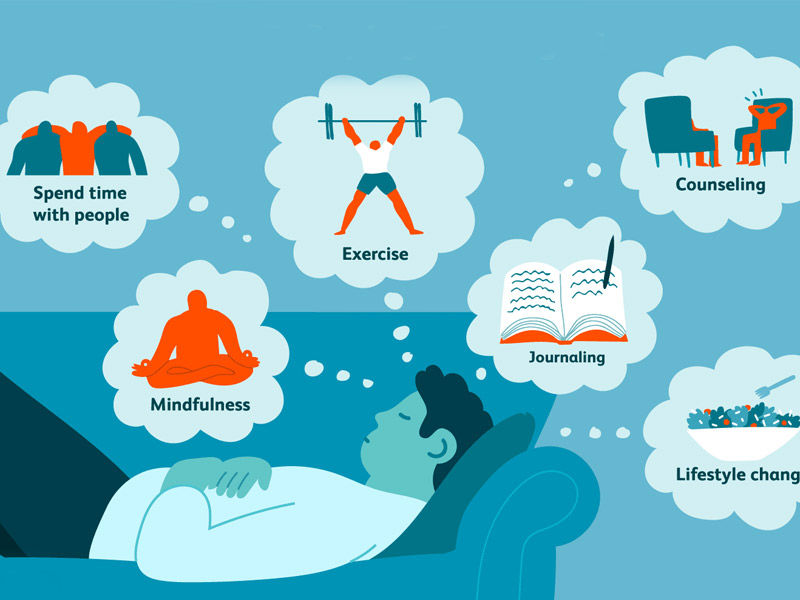PTSD stands for Post-traumatic Stress Disorder. It is a mental health condition that can be caused by experiencing or witnessing some horrifying event(s). When seen in the global term, PTSD is a rare health condition. But it still affects a lot of people across the world. Common symptoms of PTSD include severe anxiety, nightmares, stress, scary flashbacks, etc. The condition may range from moderate to severe and can really affect the patient.
In our lives, we all have to witness/face many events that one would not like to face under normal circumstances. For some of us, these experiences can be really terrifying in comparison to the rest. These experiences can have a lasting impact on the person.
Symptoms

PTSD is a normal infection or a disease like Malaria. The symptoms of PTSD vary from patient to patient. The symptom may appear just a few days or weeks after they witnessed/faced something really horrific in some patients. In some others, the symptoms may not appear for months or even years. These symptoms can cause a lot of problems in your day-to-day life. This may also reflect in your job, relationships, etc.
In several parts of the world, speaking about mental health issues is not a normal thing. People tend to generalize any person affected with any mental health condition as ‘mad’ or ‘abnormal.’ But you can’t deal with PTSD without acknowledging the problem and talking about it with others.
The symptoms of PTSD can be roughly classified into types:
- Intrusive Memories
- Negative Changes in Thinking and Mood
- Drastic changes in physical and emotional reactions
- Avoidance
This certainly doesn’t mean that there can’t be any other symptoms of PTSD. The symptoms can come and go or remain for a long time. As with most mental health issues, a lot depends on your current mental state. These symptoms may get magnified when a person is stressed or tired. When you are in a good mood, the symptoms may disappear.
In some cases, PTSD symptoms may include having Suicidal Thoughts. What to do in such a condition?
- Talk to your family, friends, or partner about your problem
- Indulge in Spiritual Activities.
- Try to cut yourself from things stressing/bothering you.
- Do more of what you love.
When to See a Doctor?

Suppose the traumatic thoughts you are experiencing are getting hard to contain. In that case, it’s better to visit a doctor for professional consultation. In case you are having suicidal thoughts, a doctor is the best person to guide you. The earlier you go for a treatment, the better.
PTSD can affect people of all age groups. There are many risk factors involved with the condition that can worsen the situation. What are these risk factors?
- Having other mental health problems
- Excess alcohol, drugs consumption
- Not having anyone to talk to
- Inheriting mental health problems from family members
- Overstressed work environment
- Trouble in Relationship
There are a lot of traumatic events that one can encounter as a result of PTSD. The events include
- Sexual Assault
- Horrifying Accident
- Witnessing a severe crime like murder
- Physical Assault
- Child Abuse
Several other events can lead to PTSD. These events may include witnessing natural disasters, mass migration, kidnapping, struggling with severe disease.
Also Read, A Brief Note on The Stages of Stress
Prevention and Treatment
We have always heard that ‘Prevention is better than cure. However, it’s not entirely in our hands to prevent a mental health condition. However, if you spot the symptoms early, the impact of the disorder could be reduced to a minimum. The support of family and friends plays a key role in dealing with the disorder.
Strategies to Cope with PTSD

Your doctor may suggest a lot of strategies to deal with PTSD depending upon the severity. This, along with normal medications, can help in coping with the disorder to a large extent. PTSD can last for years, and hence, you need to be patient while dealing with the issue.
Some common strategies that can be prescribed by the doctor include
- Aromatherapy
- Art Therapy
- Pets for PTSD
- Meditation and Mindfulness
You can use many strategies to deal with PTSD that may include HIIT, Breathing techniques, Reading books, etc.
Different governments across the world also run a helpline for mental health patients. Do not shy away from using those helplines if you are feeling left out.

























